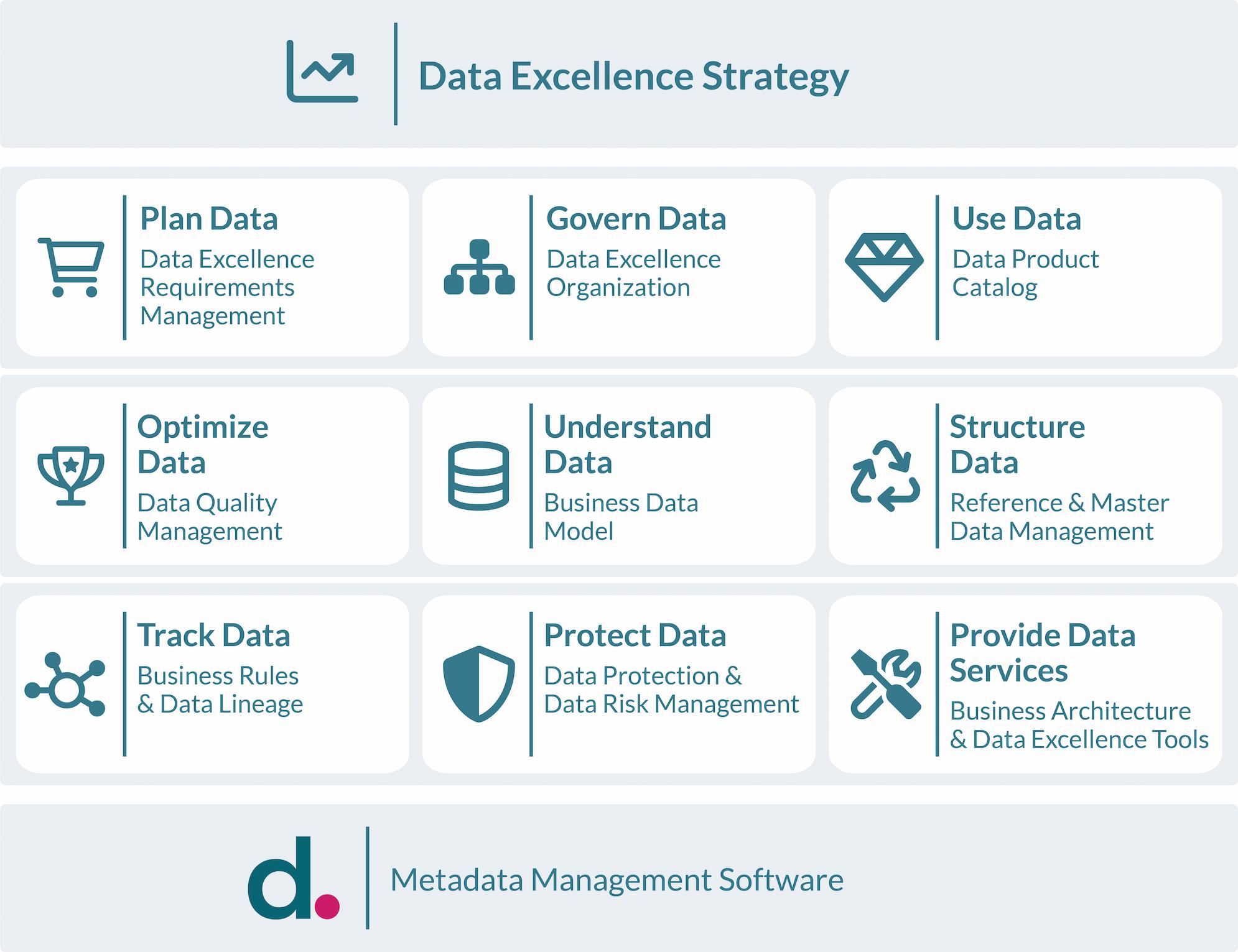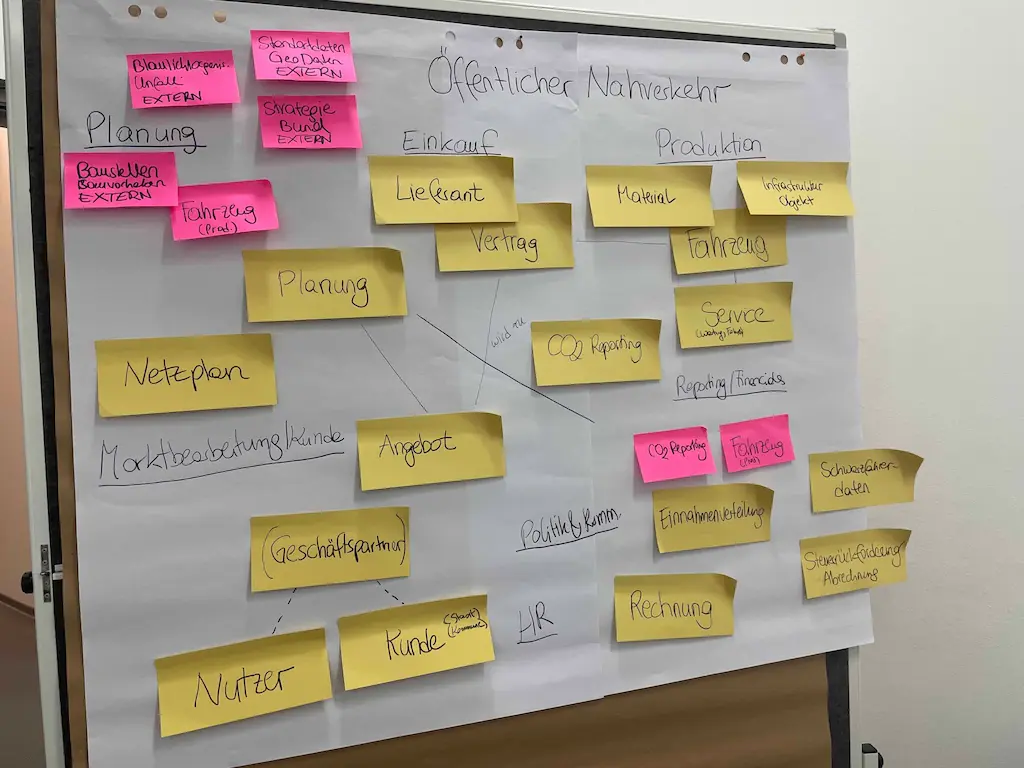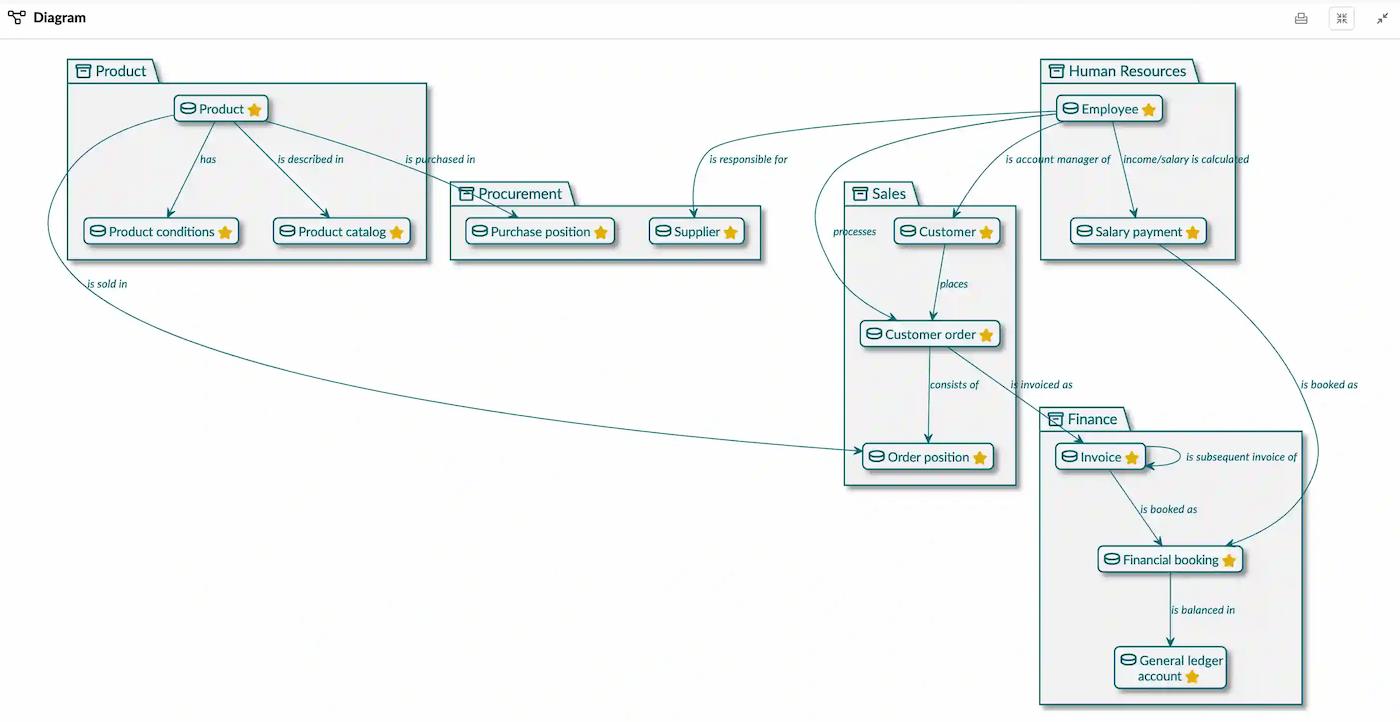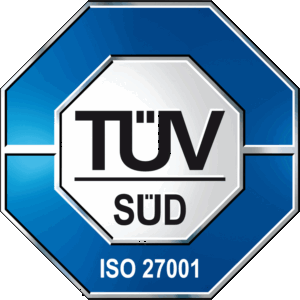Data management is not an IT project - we focus on the business perspective. With our Data Excellence Framework©, we have developed the perfect consulting approach to make you and your company fit for the future. Depending on the digital maturity of your company, we support you in the development of a data strategy up to the introduction of a data governance organization and the establishment of a data quality management. In doing so, we focus on business areas whose definition of data is essential for the successful digitalization of your business.
Many companies have the goal of becoming a data-driven company, but this can only be done with a clearly defined data culture and data strategy.
Based on its many years of research and consulting expertise in data management, the renowned analyst firm BARC has developed a "Data Culture Framework" that maps the design levels of a data-driven company. BARC's research note describes how much dataspot. promotes the establishment of a data culture with its professional approach.

Excellent handling of data means mastering it, minimizing the effort required for it, and using the data profitably. The solution for this does not lie exclusively in IT, but requires a sound professional framework in which the data can be understood and used. That is why we have developed our Data Excellence Framework©. Understandable, step-by-step and thus efficient, we develop the best data governance strategy.

By loading the video, you agree to YouTube's privacy policy.
Learn more

By loading the video, you agree to YouTube's privacy policy.
Learn more
Those who see data as a "treasure" have a lot to gain. We provide you with a core team to develop a binding Data Excellence vision and mission with you and your team. The data excellence strategy is derived from this vision, and is then operationalized in a program plan.

Understanding data as an asset: In order to establish this common goal, a data excellence vision and mission are developed together with a core team and the client. From this, a data excellence strategy is derived, which is then operationalized in a program plan.
Strategic requirements management is used to control and prioritize data-relevant requirements in the business unit. It is generally complementary to the existing requirements management process. The application of the minimum principle ensures that data provisions and evaluations are not ordered more than once.
In order for data excellence to bring about a paradigm shift in the company, roles that bear responsibility for the data in the business units are introduced. Data stewards, data owners or subject matter experts are common profiles of a data governance organization.
From a governance perspective, it is necessary to define reporting principles for data uses based on standards and design principles to ensure the presented information is meaningful. Furthermore, a data usage catalog is created that includes metadata about reports, measures, and data provisions.
In almost every organization, day-to-day business depends to a very large extent on data. Accordingly, it is necessary to develop an enterprise-wide data risk management approach that includes, among other things, compliance with data protection requirements.
Data Excellence services comprise all services that the business unit can use within the scope of Data Excellence. A description of these services is available as a complete catalog to all stakeholders. The DX services range from available evaluation tools, data quality and reference data management to business and technical metadata management.


We help you bring order to your data. With a data domain map, we provide you with a high-level overview of your data with everything that belongs to it: business functions and processes, responsible roles, systems. Based on this, we work with your business departments to design the step-by-step rollout of your data strategy, and data governance in the company.
Our dataspot. metadata management software perfectly supports the digital implementation of the data map.

dataspot. is an innovative company based in Vienna, Linz, Basel, Zurich and Berlin, which has set itself the goal of enabling its customers to recognize the value of their data from a professional perspective.
